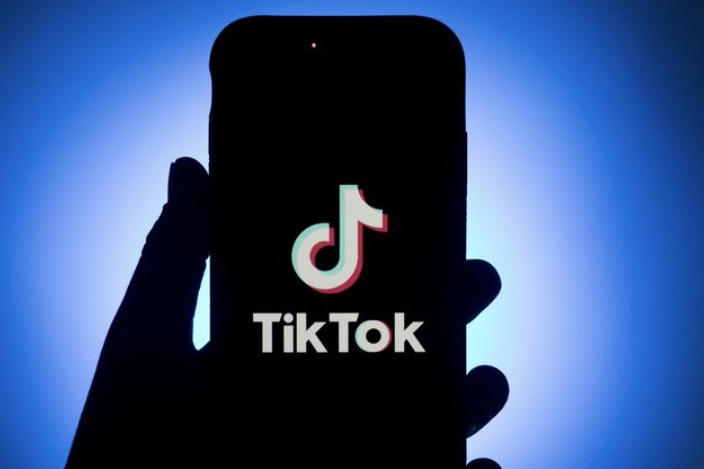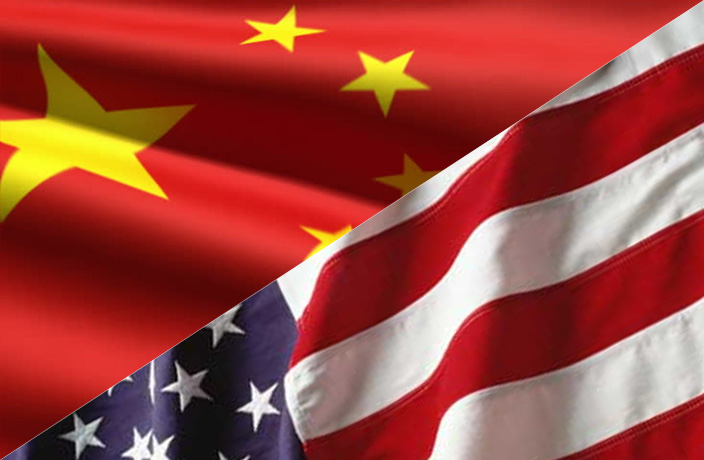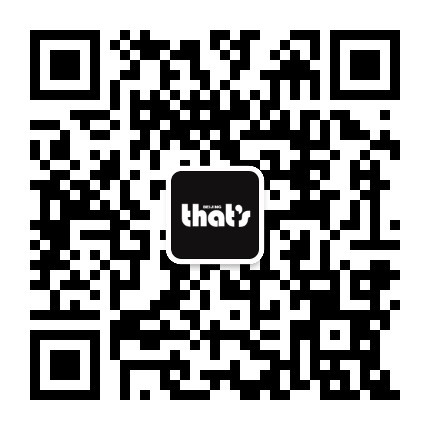The outrageously popular short-video app TikTok has been on the frontline of the US-China trade war as the two superpowers quarrel over who will dominate global tech in the years to come.
TikTok – the international version of Douyin – is nearly identical to its Chinese counterpart. The golden goose of Beijing-based ByteDance, TikTok’s popularity has surged in recent years.
In February 2019, TikTok boasted a respectable 26.7 million active users in the US, but by June 2020, that figure had nearly quadrupled to 91.9 million.
Tap That App: TikTok, the Video Streaming App Everyone is Talking About
As you probably already know, the Trump administration demanded that ByteDance sell TikTok to a US company in early July, citing national security concerns.
But these concerns with TikTok didn’t necessarily start at the White House.
Back in October 2019, Senate Minority Leader Chuck Schumer and Republican Senator Tom Cotton sent a joint letter to the Director of National Intelligence calling for an investigation into the app.
Although it is well documented that US firms like Facebook and Google have enjoyed broad access to Americans’ personal data, concerns were raised about that data being collected by a Chinese company.
Since then, the app and its parent company have been in a constant struggle with the US government to come up with a compromise.
Here are the most notable events, by our assessment, from the TikTok saga:
February 2019
ByteDance pays a USD5.7 million fine to the US Federal Trade Commission for illegally collecting personal data from minors, according to Reuters.
June 12
One day after a Trump campaign rally was announced in Tulsa, Oklahoma, a video is posted on TikTok which calls for anyone who was against a Trump re-election to reserve tickets to attend the event but not actually go. By the following Sunday evening, the video had been viewed more than two million times. Leading up to the event on June 20, organizers were touting millions of potential attendees to the 19,000 seat stadium and outdoor overflow seating had been erected. However, on game day the official tally from the Tulsa Fire Department was a meager 6,200, as per The New York Times. New York Representative Alexandria Ocasio-Cortez tweeted that this was likely the handiwork of a fleet of TikTok teens.

AOC teasing Trump on Twitter. Screengrab via @AOC
July 6
US Secretary of State Mike Pompeo tells reporters that the Trump administration is considering a ban on popular Chinese-owned social media apps. The Washington Post reported that during a question period with reporters, Pompeo suggested a risk that private user information would “[end up in] the hands of the Chinese Communist Party.”
August 3
Trump tells reporters that the US Treasury should receive a “very substantial portion” of the TikTok sale to a US company since his administration had (forcibly) made the sale possible. The statement came after a conversation between Trump and Microsoft CEO Satya Nadella and a subsequent press release on August 2, according to Forbes. The press release promised to ensure that US user data would be stored in the country and deleted from servers outside the borders, as well as a commitment to “[provide] proper economic benefits [to] the US Treasury.” However, the press release also clarified that the transaction was still in the early stages of negotiation and was not guaranteed to proceed.
August 6
Trump signs two executive orders in a rapid escalation of the conflict between the two nations. The executive orders banned transactions via WeChat and effectively mandated that TikTok sell itself to a US company within 45 days

Trump signing an executive order. Image via Wikimedia
August 14
Trump signs a subsequent executive order extending the timeline for TikTok’s sale from 45 days to 90 days.
August 24
TikTok officially files a lawsuit against the Trump administration in the Central District of California federal court. The lawsuit stated that Trump’s executive order threatening to ban Tiktok did not allow for due process protected by the Fifth Amendment of the US constitution. The executive order draws its legality from the International Emergency Economic Powers Act (IEEPA). Past presidents have used the IEEPA to combat terrorism and drug trafficking but never against a global technology company, according to China Daily. In the lawsuit, TikTok also argues that the app is “an expressive means of communication” and, therefore, the ban is also an affront to the First Amendment. The American Civil Liberties Union (ACLU) also pointed out that banning TikTok was effectively a restriction of free speech.
August 28
China’s Commerce Ministry tactfully adds AI technologies to its list of export controls. This includes text and speech recognition and data analysis algorithms that recommend content, thus severely complicating the sale of TikTok. China Daily reported that the new rule was not meant to single out ByteDance and the sale of TikTok, but rather to protect China’s technology and interests on a case-by-case basis. Nonetheless, the move forces ByteDance to abide by the new approval procedure to avoid breaking Chinese law with the sale of TikTok.
September 13
Microsoft releases a statement that ByteDance had rejected their proposal. The New York Times suggested that a major reason for the breakdown of the deal was Microsoft’s desire to own the algorithms and computer code. (Nice try, Mr. Nadella).
September 18
The US Commerce Department announces that a ban on transactions involving WeChat and Tiktok would go into effect on September 20. ‘Transactions’ has been defined as money transfers and payments through WeChat but also affects any US platform that promotes or allows the apps to be downloaded. US-based Apple and Google cannot allow new users to download the app. Existing users of the app can continue to use it, but updates and the overall back-end functionality and maintenance has been directly targeted by the policy. Without an approved sale, updates will be officially banned after November 12, thus degrading the user experience and indirectly becoming a ‘ban’. Tiktok’s lawyers file a second lawsuit against the proposed ban.
September 19
Trump announces a one-week delay of the TikTok ban until 11.59pm on Sunday, September 27. At a rally in North Carolina, Trump also mentions that a USD5 million ‘education fund’ is part of any deal that would be approved, which is aimed at educating Americans about the “real history of our country – not the fake history.” On Sunday, ByteDance said that this was the first it had heard of the education fund, according to CNN.
September 20
Walmart and Oracle, a US-based tech company, receive tentative approval from the Trump administration for a proposed deal that would see a new entity, TikTok Global, created and headquartered in the US. A report by NPR stated that the Walmart-Oracle share would be only 20% of TikTok Global, and ByteDance would retain 80%. However, as ByteDance itself is 40% owned by American investors, the combined 60% US ownership appears to satisfy the US Treasury requirements. Oracle then released a contradictory statement on Monday that ByteDance would not have any ownership of TikTok Global, according to the Verge. Trump said that ByteDance would need to relinquish the 80% share of TikTok Global for the deal to be approved, The New York Times reported. Existing US firms invested in ByteDance (Susquehanna International Group, General Atlantic, Sequoia Capital and Coatue Management) appear to make up the remaining US affiliations for the acquisition, according to Variety. Officials from the two US stakeholders of TikTok Global stated that USD5 billion would be paid in taxes to the US Treasury, in addition to the creation of 25,000 jobs. A timeline for the payment or creation of jobs was not specified. Also worth noting is that Oracle CEO Safra Catz served on Trump’s 2016 transition team and a number of Oracle executives have close ties with the president.

Safra Catz (far right) and Donald Trump (far left) pictured together in December 2016. Image via @手机圈/Weibo
On this same day, a federal judge issued an injunction against the midnight ban of WeChat. Judge Laurel Beeler of the United States District Court for the Northern District of California granted the temporary injunction to the plaintiffs on the basis that WeChat provides a primary means of communication with families for Chinese-Americans and banning it poses serious risks to First Amendment rights, according to The New York Times.
September 23
TikTok files for a preliminary injunction to halt the September 27 ban on downloads in a Washington DC court. The most recent legal filing refutes Trump’s claims that TikTok threatens US National Security and alleges that the whole process has been motivated by his political aspirations, according to Variety.
September 24
ByteDance announces that it is awaiting clarifications from the Beijing Municipal Commerce Bureau regarding the recently amended export restrictions. Lu Chuanying, director of the Research Center of Cyberspace Governance at Shanghai Institutes for International Studies, said “the new rules are set in place to examine emerging technologies that are critical to core interests. Deals involving the sharing of source codes are definitely a key area of scrutiny.” As of press time, the fate of the deal appears to rest in the hands of the Beijing Bureau of Commerce and their decision on whether or not to allow the hugely successful AI algorithm to be delivered out of China. China Daily also published an opinion piece warning against the precedent Trump is setting in the ongoing trade war, calling the deal “a brazen heist.”
[Cover image via @Indsamachar/Twitter]






















0 User Comments